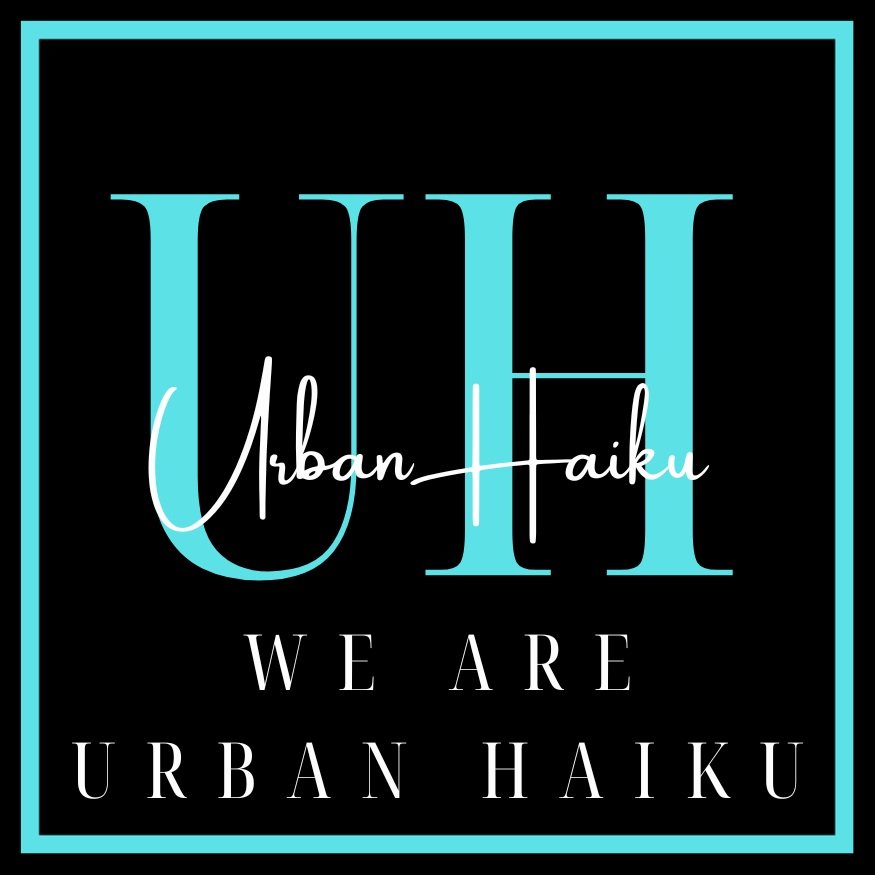
Documentary Poetics: Living, Thinking, and Feeling as a Way of Encountering the Past and Present with Diana Khoi Nguyen Begins 7/24
Documentary poetics has been a longstanding practice across literatures. According to one of its practitioners, Mark Nowak, documentary poetics “has no founder, no contested inception, no signature spokespersons claiming its cultural capital; its practice is not limited to the pre-modern, modernist, or post-modern moments (it is as comfortable in musty historical archives or conversations with actual live individuals as it is with Google).” It exists, in fact, “along a continuum from the first person auto-ethnographic mode of inscription to a more objective third person documentarian tendency.”
In this intentional weekly space, we will consider what it means to document in the practice of composing poetry, and study the various ways that contemporary writers and literary artists draw upon source materials to create forms exigent to their subject matter.
This mode of literary making emerges from Modernist experimentation in collage and polyvocality, and we’ll briefly review early works, such as Muriel Rukeyser’s 1938 poem, “The Book of the Dead,” tracing the practice to contemporary writers which may include: Tyehimba Jess, Anne Carson, CD Wright, Don Mee Choi, Layli Long Soldier, Jake Skeets, Anthony Cody, M. NourbeSe Philip, Claudia Rankine, Divya Victor, Asiya Wadud, Philip Metres, Phillip B. Williams, Paisley Rekdal, Fady Joudah, among others.
As we read, immerse, and ruminate, we will consider these questions in relation to what we are reading and thinking: What is extraordinary and full of possibility in the act of documentation? What is the valence of the non-neutral archive: where are its erasures and violences, and how can a poet be a curatorial engine in subverting the archive? How can we write from a practice of listening and ethics of refusal—of refusing to re-enact the crimes of history and the archive?
Our course involves close reading as literary artists combined with documenting experiments to explore our personal and collective relationships to documentation and poetry. My hope is for us to be wild, to witness, and to venture into terrains with support, advocacy, and care.
Documentary poetics has been a longstanding practice across literatures. According to one of its practitioners, Mark Nowak, documentary poetics “has no founder, no contested inception, no signature spokespersons claiming its cultural capital; its practice is not limited to the pre-modern, modernist, or post-modern moments (it is as comfortable in musty historical archives or conversations with actual live individuals as it is with Google).” It exists, in fact, “along a continuum from the first person auto-ethnographic mode of inscription to a more objective third person documentarian tendency.”
In this intentional weekly space, we will consider what it means to document in the practice of composing poetry, and study the various ways that contemporary writers and literary artists draw upon source materials to create forms exigent to their subject matter.
This mode of literary making emerges from Modernist experimentation in collage and polyvocality, and we’ll briefly review early works, such as Muriel Rukeyser’s 1938 poem, “The Book of the Dead,” tracing the practice to contemporary writers which may include: Tyehimba Jess, Anne Carson, CD Wright, Don Mee Choi, Layli Long Soldier, Jake Skeets, Anthony Cody, M. NourbeSe Philip, Claudia Rankine, Divya Victor, Asiya Wadud, Philip Metres, Phillip B. Williams, Paisley Rekdal, Fady Joudah, among others.
As we read, immerse, and ruminate, we will consider these questions in relation to what we are reading and thinking: What is extraordinary and full of possibility in the act of documentation? What is the valence of the non-neutral archive: where are its erasures and violences, and how can a poet be a curatorial engine in subverting the archive? How can we write from a practice of listening and ethics of refusal—of refusing to re-enact the crimes of history and the archive?
Our course involves close reading as literary artists combined with documenting experiments to explore our personal and collective relationships to documentation and poetry. My hope is for us to be wild, to witness, and to venture into terrains with support, advocacy, and care.
